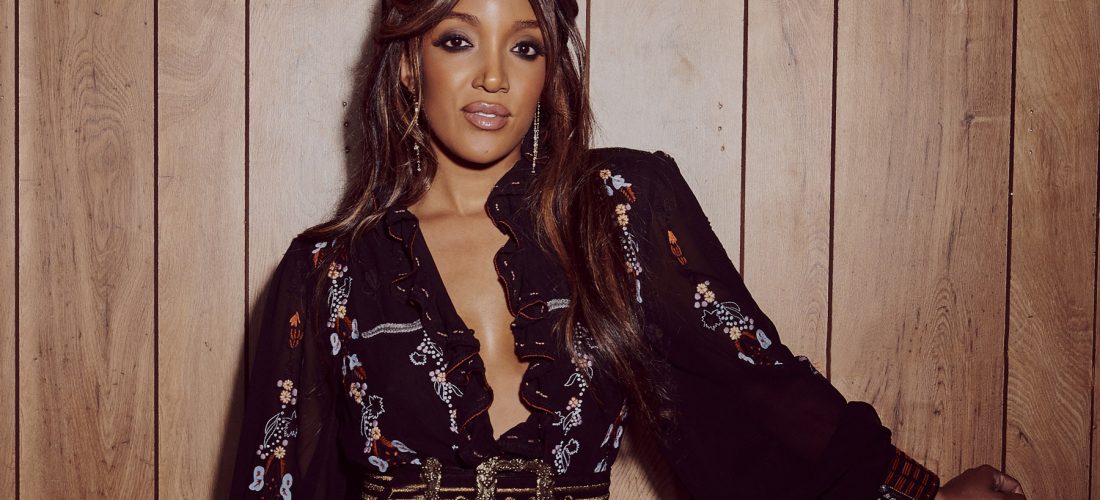Mickey Guyton Demands to Be Heard on ‘Remember Her Name’
In 2015, Mickey Guyton debuted with the ballad “Better Than You Left Me,” a moving slice of post-breakup affirmation that became a minor hit. Over the next half-dozen years, her career became stalled by a series of false starts, disappointments, and industry misjudgments in country music, a genre historically walled-off to Black artists — even more so for Black women.
Guyton, 38, changed her course last year, establishing herself as an impossible-to-ignore voice with singles like “What Are You Gonna Tell Her” and “Black Like Me,” declarative statements that insisted on foregrounding, rather than suppressing, the Texas-born singer’s penchant for truth-telling.
Both of those songs are included in Remember Her Name, Guyton’s 10-years-in-the-making debut album that serves, on one level, as a commentary on her long and disproportionately winding journey toward Nashville acceptance. But Guyton is far too thoughtful an artist to rely on mere self-referential commentary: The power of Remember Her Name lies in her knack for transforming her own profound testimony into aspirational universality.
Case in point: the one-two punch of “Lay It on Me” and “Higher,” in which she blends the anthemic gravitas of Carrie Underwood with the soaring spirituality of Kirk Franklin. These are songs meant for arenas, spoken in a language of pop transcendence. But for Guyton, the triumph they speak of — a hard-won career and a corresponding debut album that finally exists on its own terms — is hardly abstract. “I ain’t tryin’ to be your savior,” she makes clear in “Lay It on Me,” “but I’m right here.”
It’s hard to think of a more effective tool at prodding Nashville from within than Guyton’s Texas twang, which is confident and commanding, supple enough to switch from power ballad (“Remember Her Name”) to party anthem (“Rosé”) to delicate confessional (“Words”) with ease. There is a quiet radicalism to the way in which Guyton sprinkles her own inclusive vision for contemporary country throughout the album’s radio-friendly 16 songs: See the patriotic “All American,” in which “dookie braids” comes right after “daisy dukes” in the song’s typical country laundry list of heartland signifiers.
Guyton pulls back the curtain further on “Do You Really Wanna Know?,” taking the country cliché of “three chords and the truth” to task by showing just how long her personal and professional life was defined by the exact opposite: “I’m so used to telling little lies,” she sings with casual singsong conviction.
Then there’s the album closer, a rerecorded version of “Better Than You Left Me.” Guyton harmonizes with herself, transforming the song into a love letter to her past self. She conjures pride, pain, wisdom, and joy when she delivers six words that she wishes the Mickey of 2015 could hear: “I’m better than I should be.” And she’s right on.
